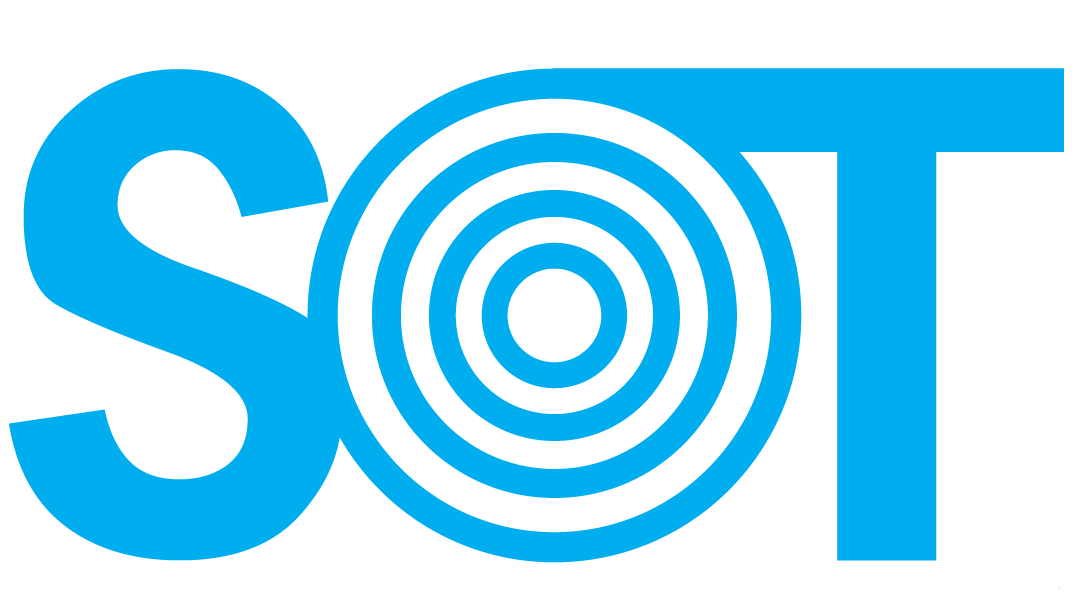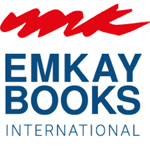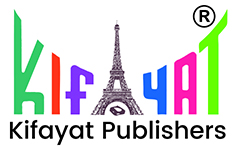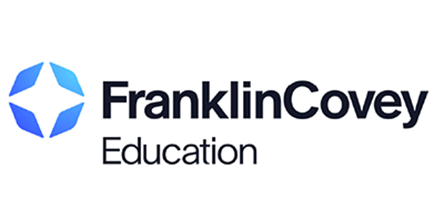The Screen Effect: Media’s Role in Shaping Culture and Perspectives
The media has long been a significant cultural force, shaping societal values, norms, and perceptions. From reflecting social issues such as family dynamics, gender roles, and class struggles, to influencing fashion, language, and even personal aspirations, media is a mirror to society while also directing it.
In Pakistan, television dramas in particular shape perceptions and perspectives. In this landscape, the role of writers, producers, directors, and actors becomes instrumental in reinforcing or challenging stereotypes and in portraying sensitive issues like domestic violence, mental health, women's rights, child rights, and family dynamics. This includes knowing when to treat serious issues with a light touch.
This panel looks at Pakistani media and its response to both local and global influences, and explores its potential as a tool to promote positivity and raise a voice on social issues. It also assesses the role of digital platforms in expanding the reach and consumption of Pakistani media, as it continues to shape individual and collective perspectives across the nation and beyond.
- How do mainstream television dramas reflect and reinforce societal stereotypes? In what way has this changed since the renowned TV dramas of early PTV?
- What unique role can television play in raising awareness about critical social issues, and how can creators balance this with the need for broad audience appeal?
- To what extent do content creators and networks have a responsibility to elevate cultural and intellectual standards through their storytelling?
- How do cultural contexts influence the reception and interpretation of television narratives?
Breaking the Silence: Addressing Harassment and Abuse in Society
Harassment and abuse remain pervasive societal issues that frequently go unaddressed. Many victims refrain from speaking out due to fear and stigma.
Harassment extends beyond physical contact to include verbal abuse, threats, and other forms of mistreatment; these harmful behaviours can manifest in various environments, including workplaces, educational institutions, and public spaces, impacting women, men, and children.
This panel discussion examines the multifaceted nature of harassment and abuse, and explores strategies for prevention, support, and accountability. By raising awareness and creating the possibility of open dialogue, we can work together to cultivate a culture of respect and equality.
- What are the key factors that enable harassment and abuse in different environments?
- How can we create safe spaces for survivors to come forward and share their experiences without fear of stigma or retaliation?
- What effective strategies and policies can be implemented at national and organisational levels to foster a culture of respect and accountability?
- How can education and training programmes be designed to raise awareness about the different forms of harassment and abuse?
Sustainable Science: Building a Greener Future
In this interactive 60-minute workshop, participants will explore innovative strategies to integrate sustainability concepts into the curriculum. They will engage in hands-on activities and collaborative discussions designed to inspire and equip them with practical tools for fostering environmental awareness and action among students.
The workshop will cover:
- Key Concepts of Sustainability and the importance in education
- Designing and implementing Green Science Projects that promote environmental stewardship
- Inquiry-Based Learning, exploring sustainability issues encouraging students to ask questions, conduct experiments, and draw evidence-based conclusions
- Cross-Curricular Connections by integrating sustainability with other subjects to provide a holistic learning experience
- Community Involvement with strategies for engaging students in local environmental initiatives and nurturing a sense of global citizenship
By the end of the session, participants will have a toolkit of resources and ideas to create a greener future through sustainable science education, empowering their students to become proactive environmental advocates.
Beyond Labels: Celebrating Diverse Identities
In Pakistan, where traditional norms often dictate narrow definitions of identity, the transgender community has long been subject to societal exclusion, reducing their identity to a singular, oversimplified label.
Despite being recognised under Pakistani law, transgender individuals still face considerable challenges in terms of acceptance, access to education, employment opportunities, and healthcare.
While significant strides have been made in recent years, including legal reforms and increased visibility in media and public discourse, much work remains to ensure their full inclusion and recognition as equal citizens.
This panel highlights the legal, social, and economic struggles faced by transgender individuals and underscores the significance of treating them as equal citizens. It calls for action to create an inclusive society where every individual, particularly transgender people, can live with dignity, respect, and equality.
- What are the key legal and policy barriers that continue to hinder the full inclusion of transgender individuals in Pakistan, despite recent reforms?
- How can media and public discourse challenge societal stereotypes and broaden the narrative around transgender identities?
- What steps can be taken to improve access to education, healthcare, and employment opportunities for transgender individuals?
- How can we promote a more nuanced understanding of gender identity in Pakistan, encouraging acceptance of diverse identities, pronouns, and expressions while respecting cultural sensitivities and values?











